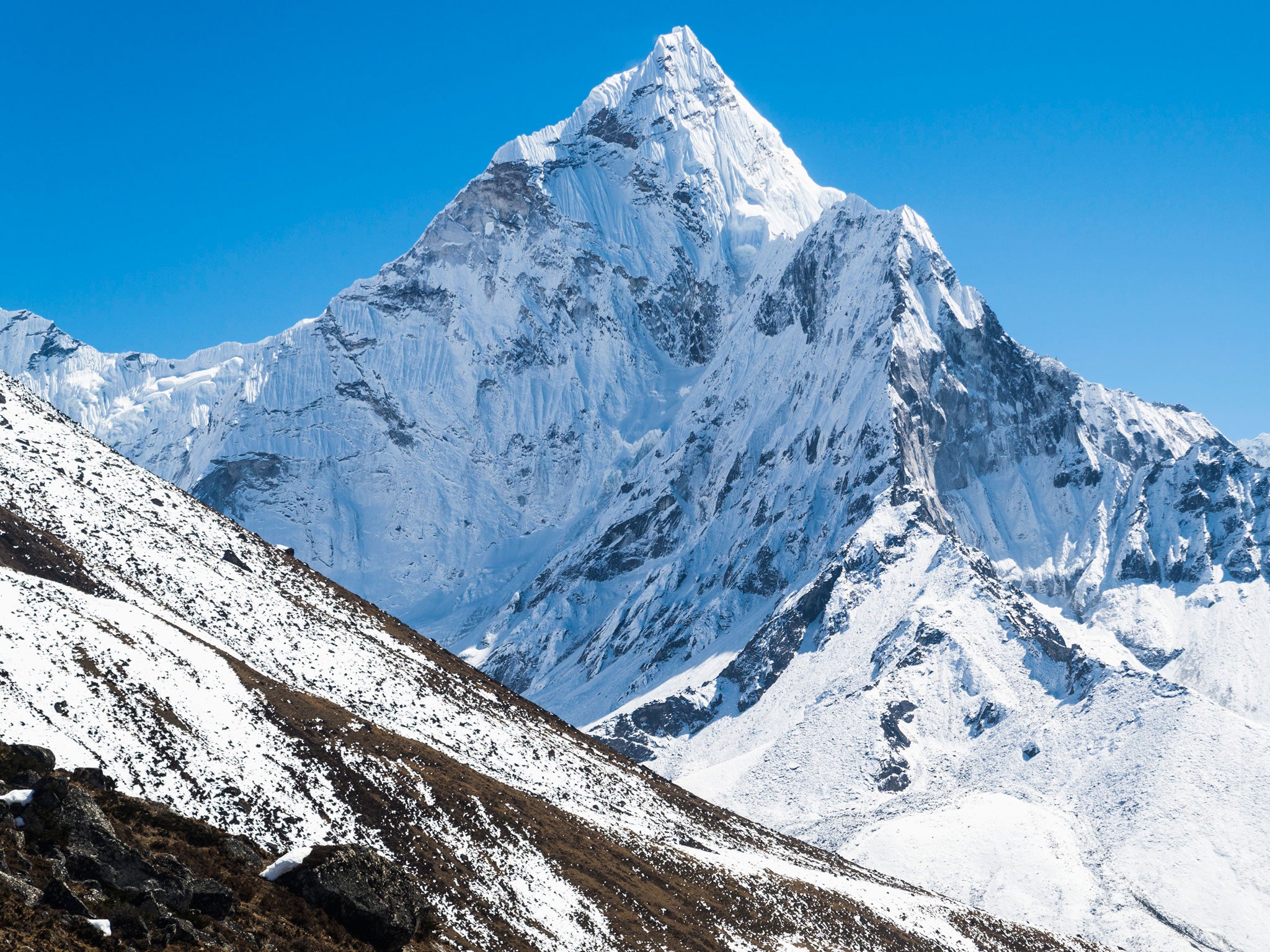The Maverick Mountaineer by Robert Wainwright, book review
The rivalry between George Finch and George Mallory forms a riveting subplot in this compelling biography

There is a telling photograph in Robert Wainwright's The Maverick Mountaineer of the 1922 expedition party to climb Everest. In it, the book's subject, George Finch, sits next to George Mallory at Base Camp. The two share many similarities apart from their name: both are strikingly beautiful and both are arguably the best climbers in the world at that time. But whereas Finch gazes at the camera with a calm self-assurance, Mallory looks ill at ease, as though he has been told to scootch up close to a man he detests. Which, as Wainwright reveals, is not that far from the truth, the rivalry between the two forming a riveting subplot in this compelling biography. Whereas posterity has gifted Mallory the immortality of heroic failure, the man whose achievements were infinitely greater has had to be dredged by Wainwright from relative obscurity.
As a boy, little marked Finch out as a prodigy. He led a happy childhood galloping round the Australian bush on his pony and exploring the vast, rugged landscapes with his brother. His life took a different turn in his teens, after his bohemian mother took the family off to Europe for some cultural immersion. It was not long before the boys tired of this and took up climbing, then in its infancy as a sport.
As their expertise grew, they began to tackle some of the most dangerous peaks in the Alps and their achievements soon came to wider notice. At school too, Finch began to shine, particularly in chemistry. He embarked on an academic career as a research chemist, and over the years made a number of scientific breakthroughs in the fields of explosives and ignition, which Britain was not slow to make use of in both world wars.
He also proved the beneficial effect bottled oxygen has on climbers at high altitude. This would eventually transform the sport of which he was now a passionate advocate, although at the time it split the climbing fraternity with many regarding it as best ungentlemanly and at worst cheating. The old school were further antagonised when Finch ditched the tweed suits most climbers wore to kit himself out in an eiderdown with sleeves, anticipating the Puffer jacked by some five decades.
Wainwright does not bother to conceal his admiration for his subject but neither does he gloss over his shortcomings, mainly as a father and husband. By 33, Finch was on to his third marriage which would be going it some even by today's standards. He had three children to his name by then, too, only one of which he had actually fathered (it's complicated).
His abrasive and outspoken character alienated many – especially a fat, despotic bureaucrat called Arthur Hinks who, as secretary of the Royal Geographic Society, managed to not only ruin Finch's climbing ambitions but, with rather more tragic results, Mallory's too. The book might have benefited from an index but as a study of a man whose greatness we would do well to remember and applaud, it sparkles.
Atlantic, £17.99. Order at £15.99 inc. p&p from the Independent Bookshop
Subscribe to Independent Premium to bookmark this article
Want to bookmark your favourite articles and stories to read or reference later? Start your Independent Premium subscription today.

Join our commenting forum
Join thought-provoking conversations, follow other Independent readers and see their replies